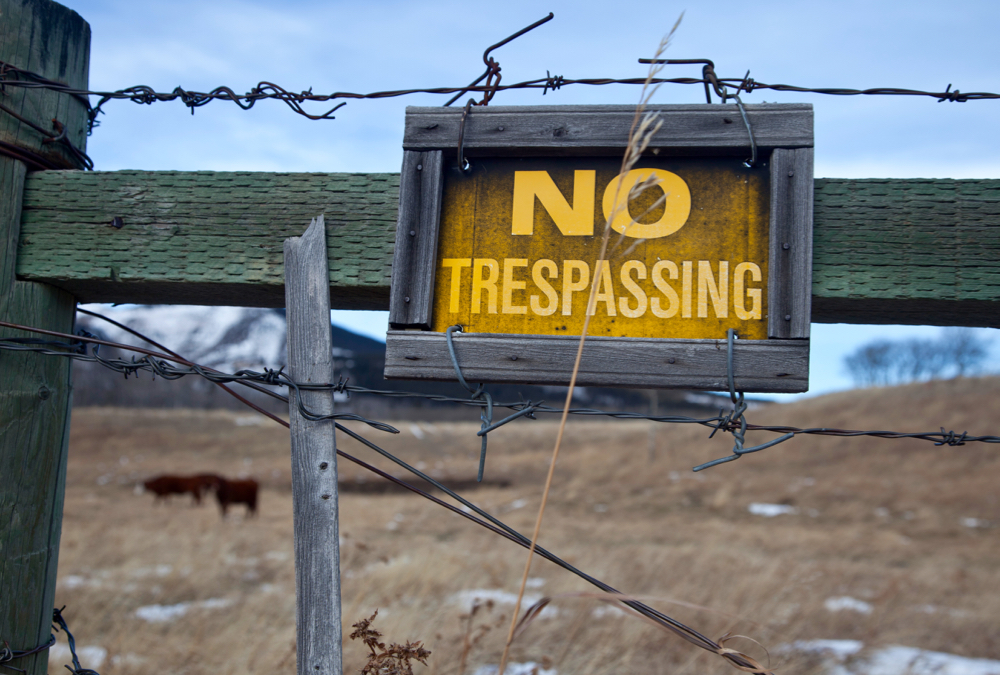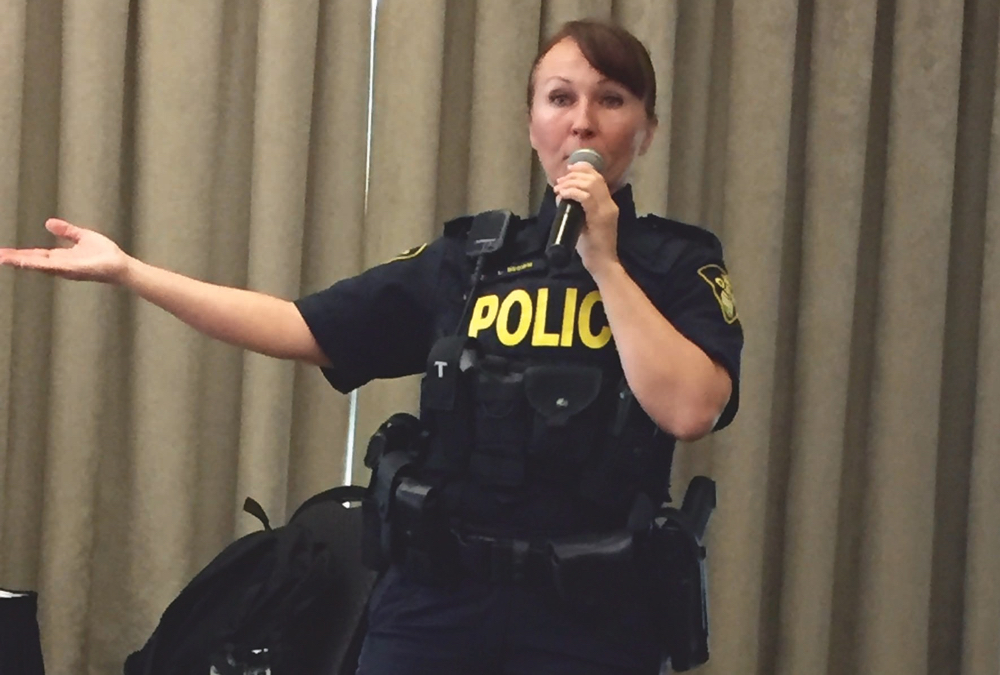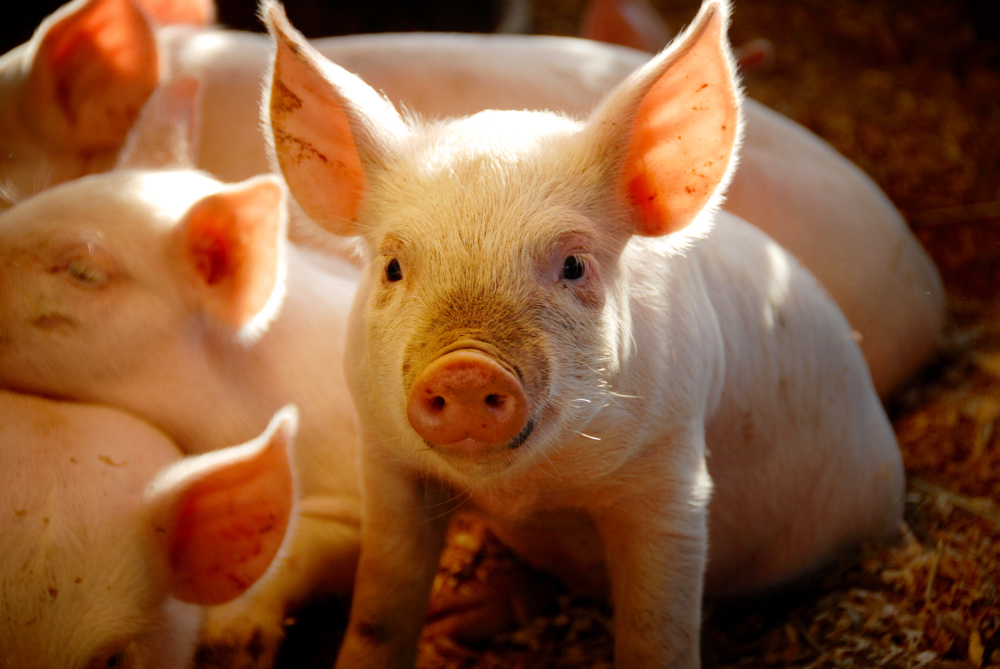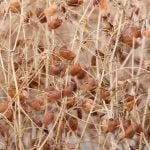As difficult or unnatural a feeling as it may be for some, a willingness by farmers to be recognized as victims is essential in the struggle to discourage the unlawful entry onto farms by animal rights activists in Ontario.
“It may be a bumpy road to go through this process as a victim,” said Ottawa-based livestock welfare law specialist Kurtis Andrews on Feb. 20 in Woodstock. He was a participant — along with Sgt. Laura-Lee Brown of the Ontario Provincial Police and Emily den Haan of Sheldon Creek Dairy, in a panel discussion during the annual South Western Ontario Dairy Symposium.
Read Also
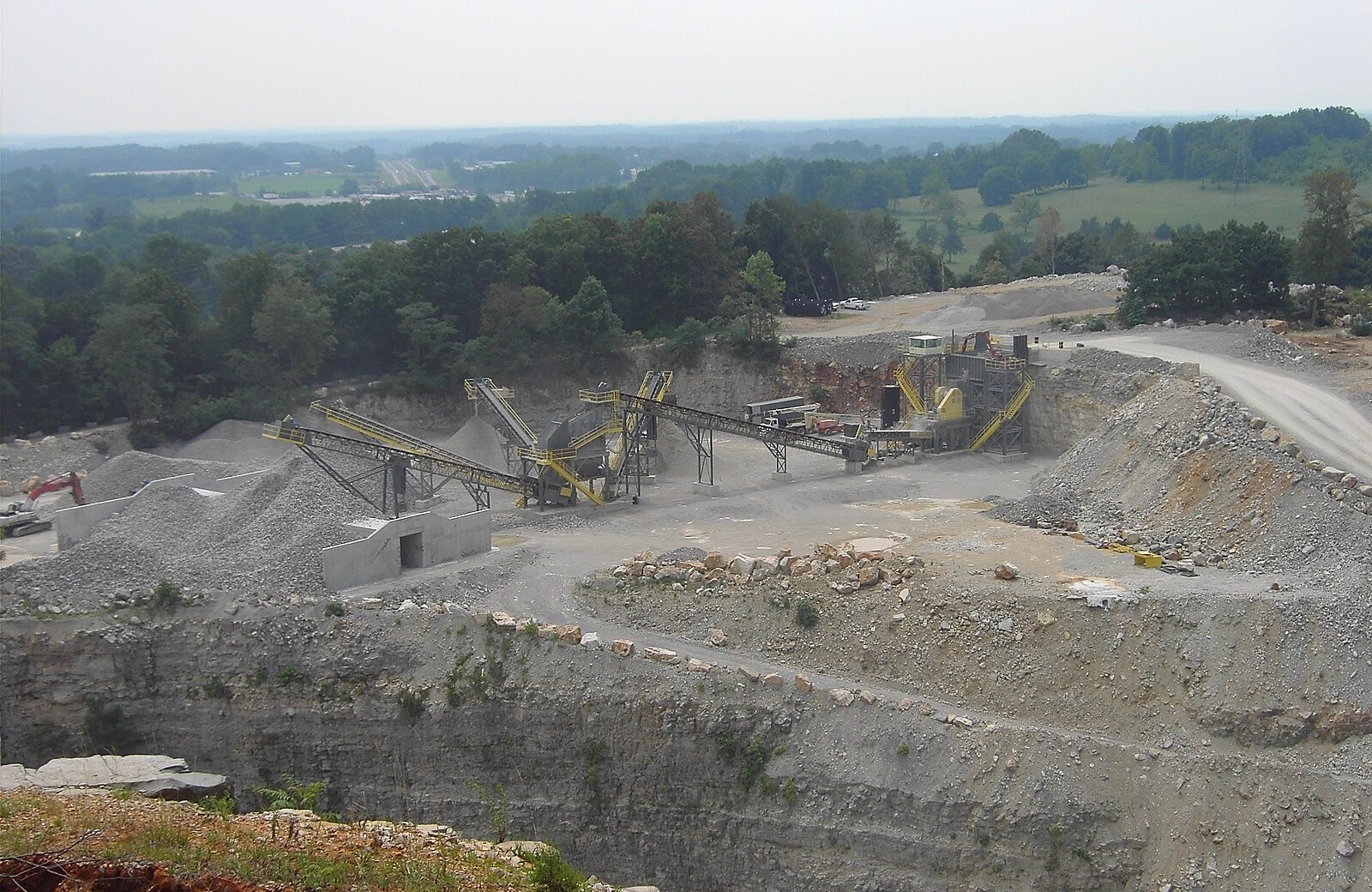
Melancthon faces a new quarry fight over water, environment and farmland risks
A proposed Strada blast quarry in Melancthon, Ont., sparks regional debate over water protection, farmland sustainability, and Ontario’s aggregate policy.
Why it matters: The prospect of trespassers on farms is causing increased stress for farm owners and their families living there.
Activists’ emerging tactic of on-farm trespassing and public property protest is not going away, said Andrews. Two days prior to the symposium, activists split from a roadside demonstration, entered the King Cole duck farm near Stouffville, and stole 26 ducks. He says the cases need to be carried through the justice system.
“It’s like being a victim in pretty much any case… It’s traumatic. There are lingering effects.” He stressed, however, that “those effects are likely going to be there no matter if you pursue the case or not.”
Andrews believes the recent passage of Bill 156 sends a message from the provincial government to police and the courts that protection of farms from such actions is a priority.
First off in the process of being a victim is recognizing that’s it’s happening.
The speed with which the process unfolds may vary. “Charges don’t necessarily have to be made at that time to mean that consequences are coming,” Sgt. Brown said. The legislation gives the leeway for charges to be laid later.
She also advised that, once police are on site, owners shouldn’t expect a quick resolution and to see the activists disperse. In fact, if it’s taking longer than initially expected, perhaps that’s a good thing. It might mean the officers are working hard to de-escalate the situation and come up with a resolution that’s favourable to all.
Of those farmers she has interacted with who were reluctant to become a part of the process as a victim, Brown saw some who either personally or as matter of cultural/religious identity didn’t want to move into the public sphere. For others, there was a fear of reprisals.
If it’s serious enough, Brown added, the OPP will choose to go ahead with charges anyway. But there may be less likelihood that the prosecution will be carried through to its conclusion if there’s not a victim to provide testimony. Additionally, a failure to report or have charges pressed hinders police and government authorities from grasping the full scope of the problem — from knowing, she said, “where the problems are within the community.”
Den Haan’s family’s operation was identified as a potential target of a mass on-farm trespass last year. Activists altered their targeted farm hours before they were expected to arrive. Sheldon Creek installed cameras and keyless locks at all entrances to their barns. “It’s not cheap,” but “we have invested,” says den Haan.
Record-keeping, Andrews said, is crucial. He cited two cases, both involving the same activist, in which the farms had a process written down about how to respond to certain incidents related to animal welfare. But only one had a log book for recording these incidents, including the details of the issue, the response, the outcome, and initials of the person involved. “And it doesn’t have to be anything extravagant. It can be a three-ring binder.”
In the case of an invasion by activists, good record-keeping can also show the state of a farm prior to the invasion, compared to after. This could be used to prove the degree of damages incurred as a result of the trespassing.
Andrews is generally satisfied with actions taken by the ruling Conservatives in Ontario, both with the revamping of the OSPCA Act and with Bill 156 (the Security from Trespass and Protecting Food Safety Act). However, he would like to see some particular actions taken by the federal government.
In federal food safety legislation, entry into barns is severely restricted only after an outbreak of disease. With an aim to prevent uninvited visitors from spreading disease from one animal activist target site to another, he would like to see restrictions and penalties enhanced.
Also, he says, Health Canada’s legislation aimed at protecting mental health should be enhanced to make it a crime to target someone or a group of people for harassment — either physically or online — based on their employment/line of work. There is all-party support for this enhancement of the legislation, and he’d like to see this enacted soon.
Den Haan also called on the farm community to make sure that what’s happening on farms is in line with the messages being disseminated to the public and in marketing campaigns about livestock care, handling, housing, transport and welfare.








